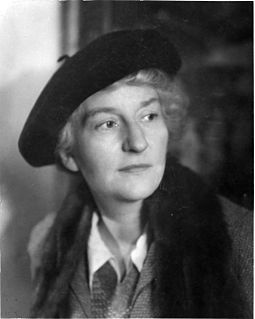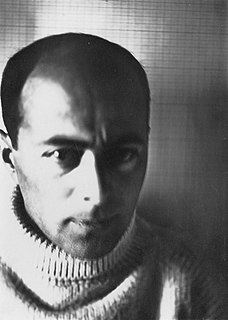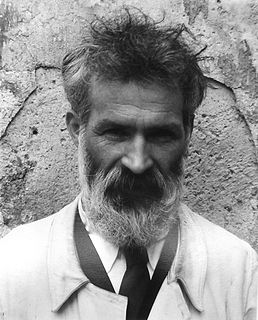A Quote by Malvina Hoffman
Sculpture is a parable in three dimensions, a symbol of a spiritual experience, and a means of conveying truth by concentrating its essence into visible form. ... It must be the reflection of the artist who creates it and of the era in which he lives, not an echo or a memory of other days and other ways.
Related Quotes
Memory is a dead thing. Memory is not truth and cannot ever be, because truth is always alive, truth is life; memory is persistence of that which is no more. It is living in ghost world, but it contains us, it is our prison. In fact it is us. Memory creates the knot, the complex called the I and the ego
Karma is experience, and experience creates memory, and memory creates imagination and desire, and desire creates karma again. If I buy a cup of coffee, that's karma. I now have that memory that might give me the potential desire for having cappuccino, and I walk into Starbucks, and there's karma all over again.
One of the proud joys of the man of letters - if that man of letters is an artist - is to feel within himself the power to immortalize at will anything he chooses to immortalize. Insignificant though he may be, he is conscious of possessing a creative divinity. God creates lives; the man of imagination creates fictional lives which may make a profound and as it were more living impression on the world's memory.
If spiritual science is to do the same for spirit that natural science has done for nature, it must investigate quite differently from the latter. It must find ways and means of penetrating into the sphere of the spiritual, a domain which cannot be perceived with outer physical senses nor apprehended with the intellect which is bound to the brain.
The driving forces of the universe, the framework upon which it is built up in all its parts, belong to another phase of manifestation than our physical plane, having other dimensions than the three to which we are habituated, and perceived by other modes of consciousness than those to which we are accustomed.
The very essence of truth is plainness and brightness; the darkness and crookedness is our own. The wisdom of God created understanding, fit and proportionable to truth, the object and end of it, as the eye to the thing visible. If our understanding have a film of ignorance over it, or be blear with gazing on other false glitterings, what is that to truth?
Poetry is a way of being alone without feeling alone. It allows you to experience another mind, I suppose. And it does that more fully than other art forms, I think. It doesn't simply describe an experience, or a feeling, or a moment: it evokes it through, say, rhythm or tone or diction or metaphor. It creates a mood. A poem communicates before it is understood; it's not a fully paraphrasable form, which distinguishes it from other forms of writing.



































